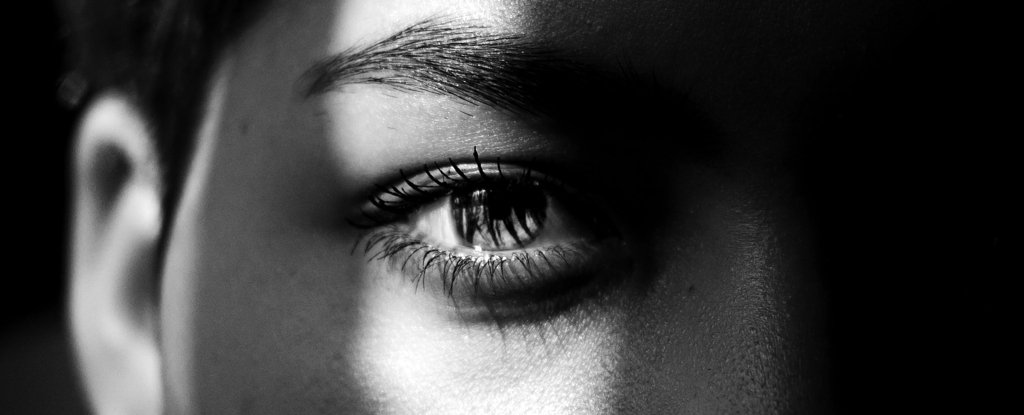Understanding the Impact of Nighttime Wakefulness on Mental Health
The Human Mind Isn't Meant to Be Awake After Midnight, Scientists Warn 🔗

Research indicates that the human mind is not well-suited for wakefulness after midnight, leading to increased negative emotions and risky behaviors. The "Mind After Midnight" hypothesis suggests that our circadian rhythms significantly affect our mental functioning, making us more sensitive to negative stimuli and less capable of managing cravings. This can result in dangerous situations, such as increased rates of suicide and substance abuse during nighttime hours, as the mind is more prone to despair and impulsive actions. Experts urge more research into how sleep deprivation and circadian misalignment impact decision-making and mental health, particularly for those who are frequently awake at night.
- Negative thoughts and cravings increase at night.
- The "Mind After Midnight" hypothesis links circadian rhythms to altered mental states.
- Nighttime wakefulness is associated with higher suicide and overdose risks.
- More research is needed on the impacts of sleep deprivation and circadian timing.
What are the main effects of being awake after midnight on the human mind?
Being awake at night can lead to heightened negative emotions, increased cravings for substances, and a greater risk of engaging in risky behaviors.
Why is nighttime wakefulness linked to higher suicide rates?
During the night, individuals may feel more isolated and hopeless, which can contribute to suicidal thoughts and actions, especially due to the lack of support available at those hours.
What do researchers suggest is needed to understand nighttime wakefulness better?
Researchers advocate for more studies to explore how sleep deprivation and circadian rhythms affect cognitive functions and decision-making processes, especially for those with unconventional sleep schedules.